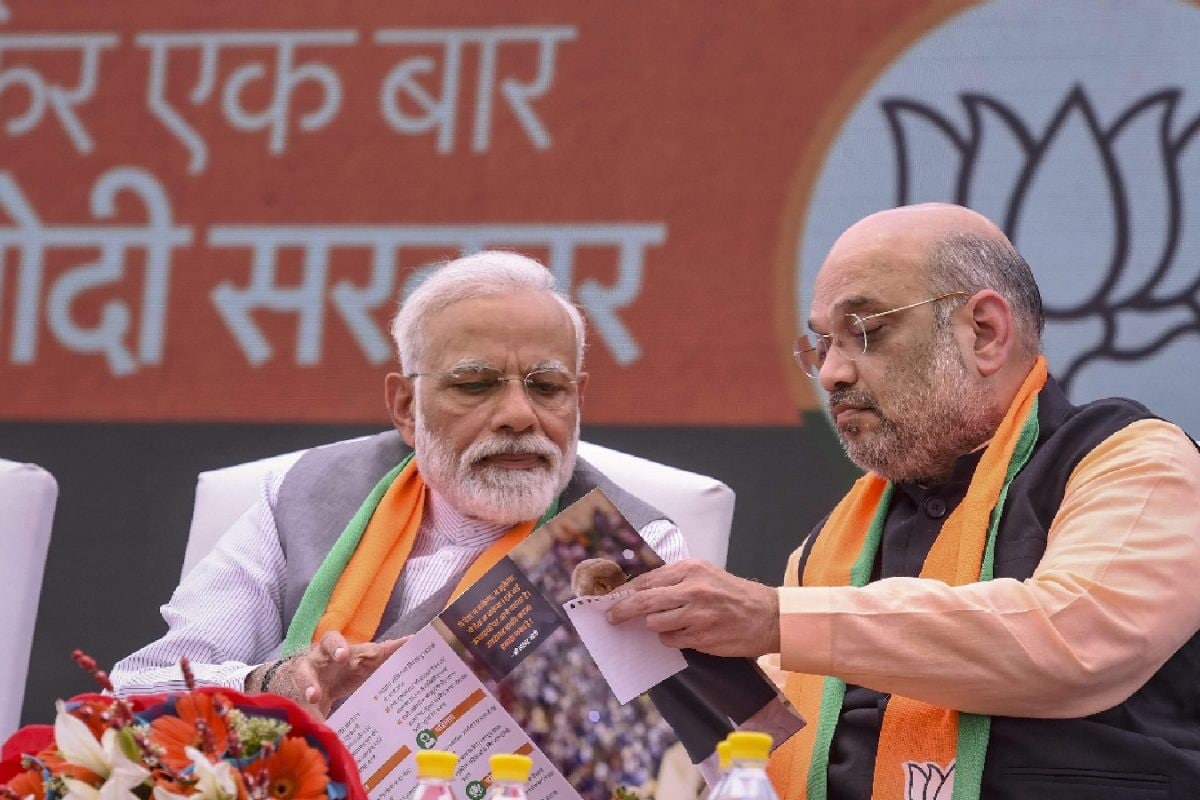

Recent developments in Parliament have centered on a series of bills aimed at tackling corruption and ensuring greater accountability among public officials. Union Home Minister Amit Shah introduced three significant bills in the Lok Sabha, including the Constitution (130th Amendment) Bill, 2025. These bills propose significant changes regarding the removal of public officials, including the Prime Minister, Chief Ministers, and other ministers, if they are arrested and detained for serious offenses.
The core provision of these bills stipulates that if a Prime Minister, Union Minister, or Chief Minister is arrested and held in custody for 30 consecutive days in connection with an offense that could result in a jail term of five years or more, that individual will automatically lose their office on the 31st day. This measure is designed to ensure that individuals facing serious criminal charges do not continue to hold high public office while under scrutiny.
According to Parliamentary Affairs Minister Kiren Rijiju, Prime Minister Narendra Modi insisted that there should be no exceptions made for him under the provisions of this bill. Rijiju stated that during cabinet discussions, there was a suggestion to exclude the Prime Minister from the bill's purview, but Modi himself rejected this proposal. Modi reportedly stated that he, as a citizen, should not receive special protections and that all individuals in positions of power, whether CM, PM, or Union Ministers, must be subject to the law.
PM Modi has publicly defended the bills, questioning how Chief Ministers and ministers can continue in office even after being jailed, while even junior government employees face immediate suspension if imprisoned for a short period. Speaking at a rally in Gaya, Bihar, Modi pointed out the incongruity of a situation where a government employee is suspended after 50 hours of imprisonment, while a CM, minister, or even the PM could potentially continue to govern from jail. He emphasized that his government has brought a law against corruption that includes the Prime Minister within its scope.
The introduction of these bills has sparked debate and controversy. The opposition has criticized the bills, arguing that they could be misused to target political opponents by allowing action based on mere allegations, potentially undermining the principles of natural justice. Concerns have been raised that the central government could use agencies like the Enforcement Directorate (ED) and Central Bureau of Investigation (CBI) to jail political opponents, thereby triggering their removal from office. Abhishek Manu Singhvi, a senior lawyer, called the bills a total violation of the process of natural justice and a tactic to target the opposition.
Despite the opposition's concerns, Home Minister Amit Shah has emphasized the importance of these bills in ensuring accountability and integrity in public office. He moved a motion in the Rajya Sabha to refer the bills to a Joint Committee of Parliament, a decision mirroring earlier developments in the Lok Sabha. This referral suggests that the government intends to have a thorough discussion and address any potential loopholes before the bills are passed.
These bills reflect an effort to strengthen the legal framework against corruption and enhance the standards of accountability for those in positions of power. By including the Prime Minister within the ambit of the law, the government aims to send a message that no one is above the law. However, the opposition's concerns about potential misuse and the violation of natural justice principles will need to be addressed as the legislative process moves forward.